Facilities
Accommodation
We have the capacity to accommodate up to 60 guests at one time in our two accommodation blocks: Havana and Pelorus.
Each accommodation block has access to shared bathroom areas with composting toilets, showers and deep sinks for hand washing laundry. There is also a small entertainment area in each section with comfortable chairs, TV, stereo, and shared access to a small fiction library. Wireless internet is available throughout. In front of the accommodation blocks you’ll find two large communal BBQs and picnic tables.
All kitchen areas are equipped with large industrial gas ovens, microwaves, fridges and freezers. Additionally, the largest kitchen comes equipped with industrial-sized pots and pans for group meal preparation. All plates, glasses and cutlery are supplied.
Havana is a two-story accommodation block that can house up to 48 guests in its eight rooms. Each room has 6 bunk beds, wall fans, and large floor to ceiling louver windows that capture the sea breezes, keeping rooms at a comfortable temperature all year round. Pillows, mattress protectors, linen, and blankets are provided and are equipped with shelves and clothes hanger space.
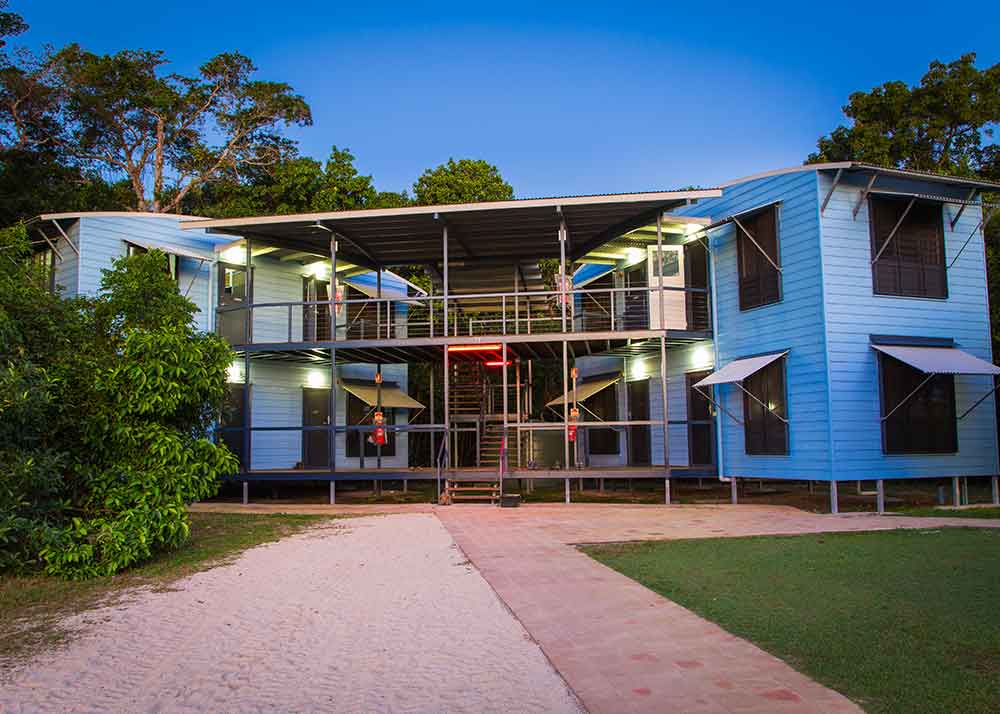


The Pelorus accommodation block offers 4 rooms with 3 single beds. Each room has fans and open wardrobes for storage of personal belongings. Pillows, mattress protectors, linen and a blanket are provided.
There is a central kitchen and lounge area the ablution block is located in a separate building at the rear of Pelorus House. It comprises two composting toilets, two showers and hand basins.
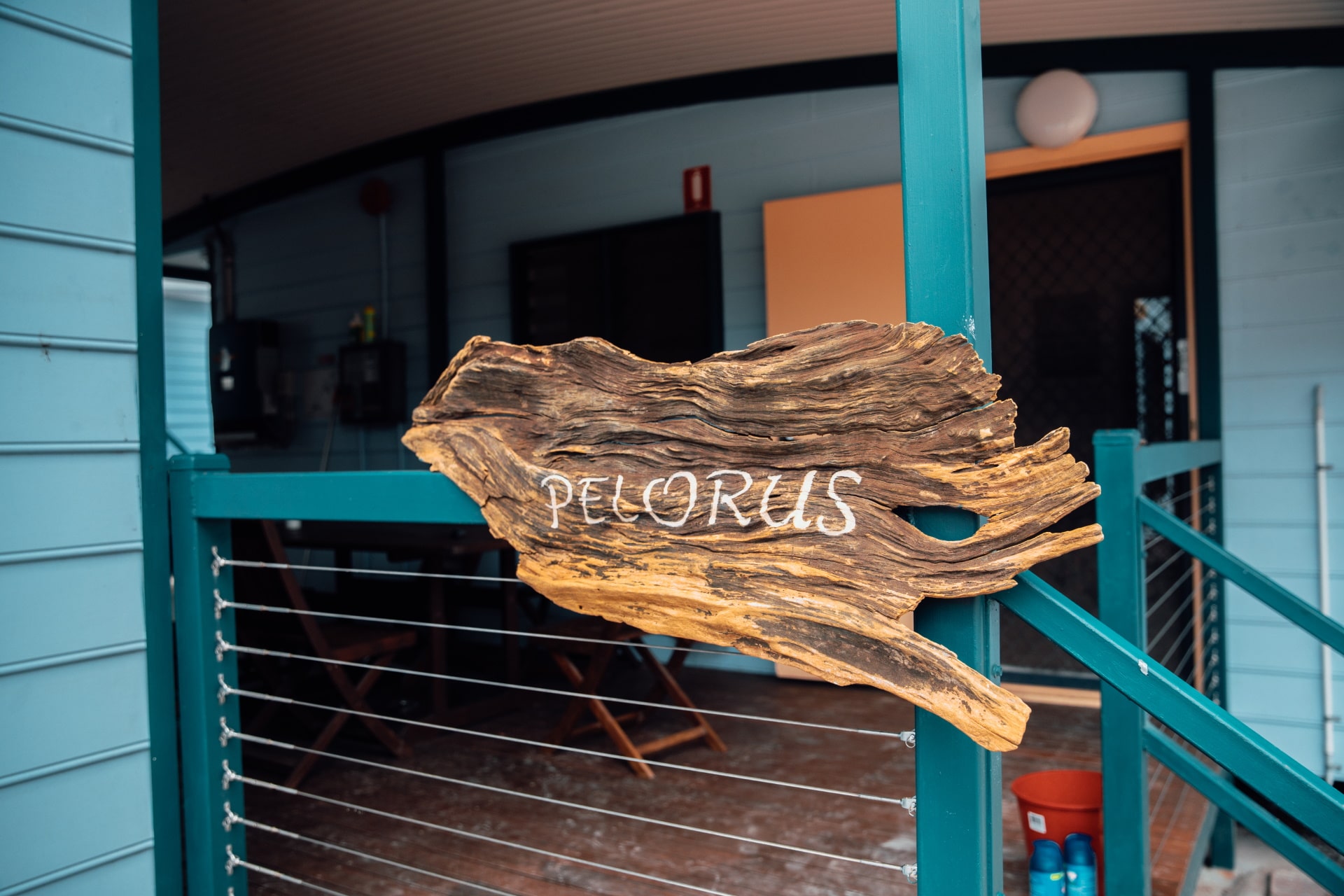
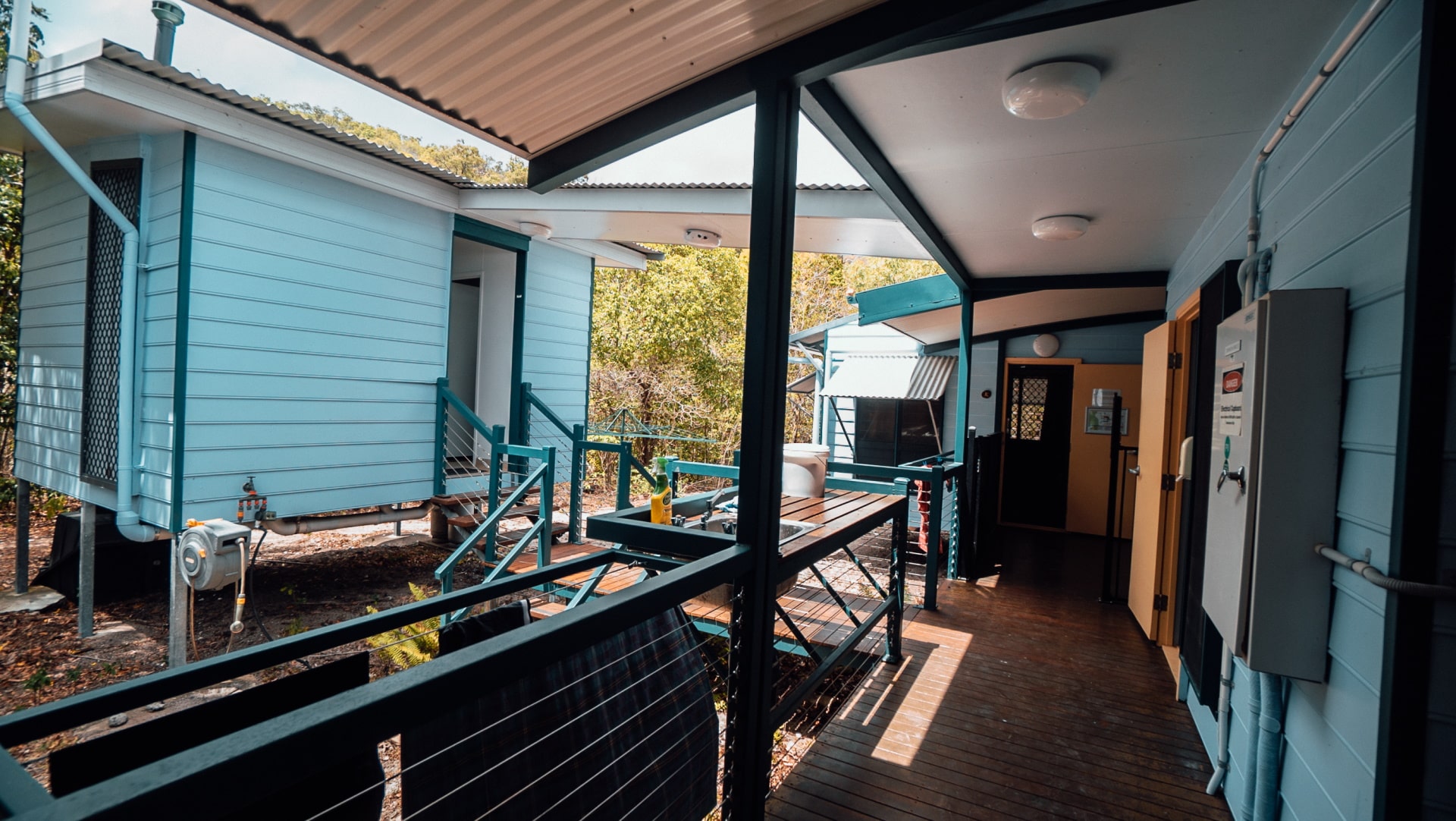
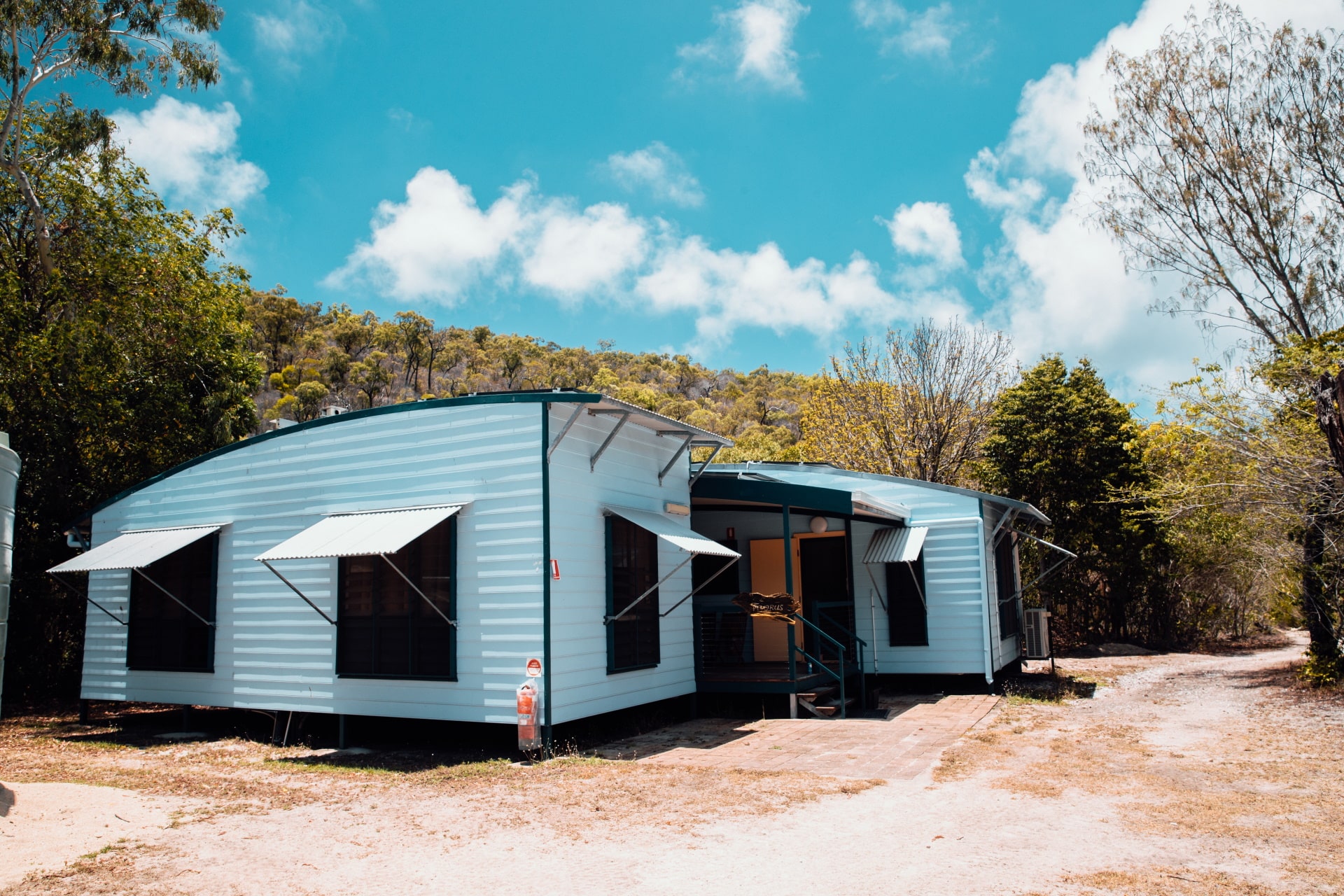
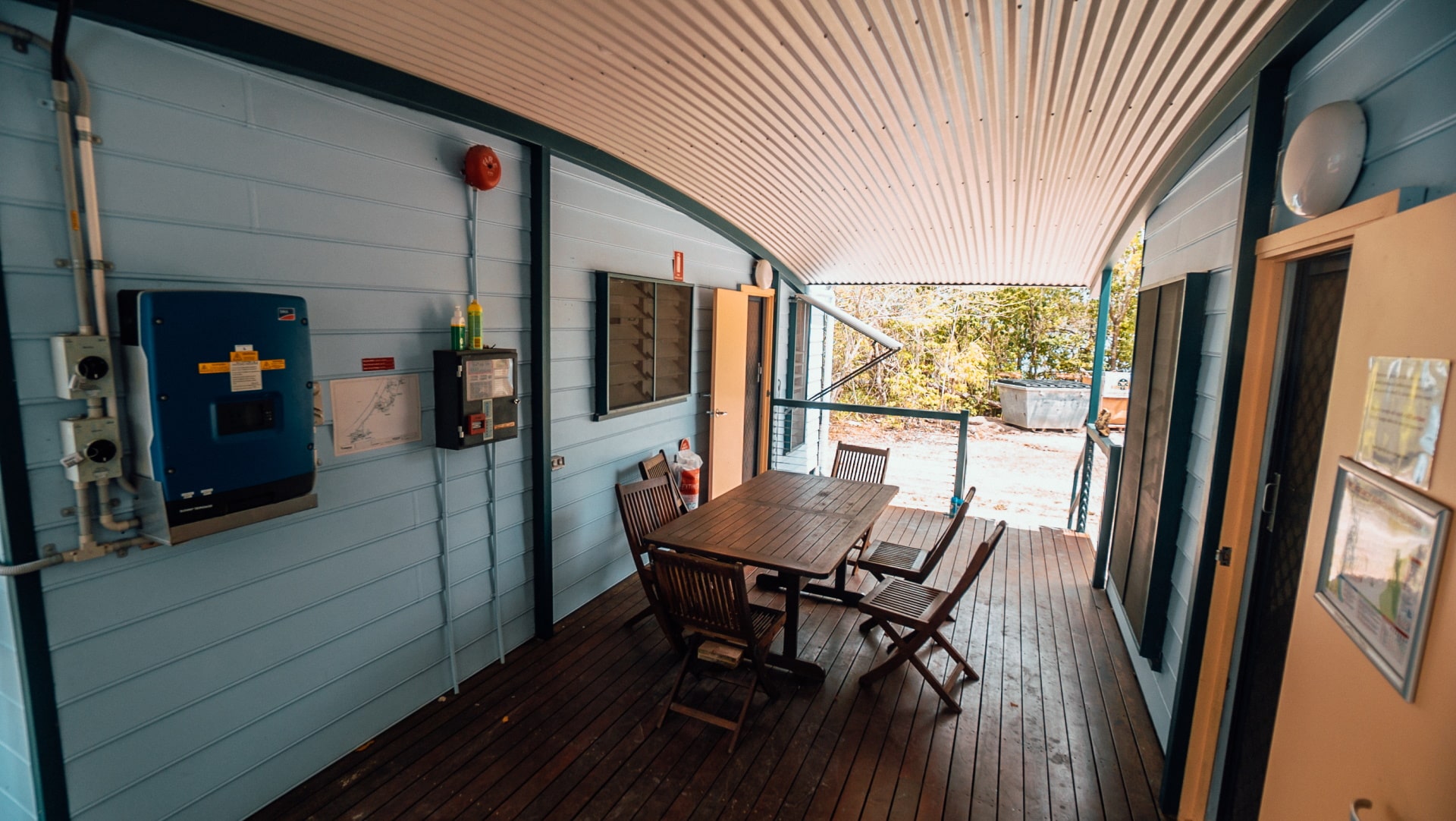
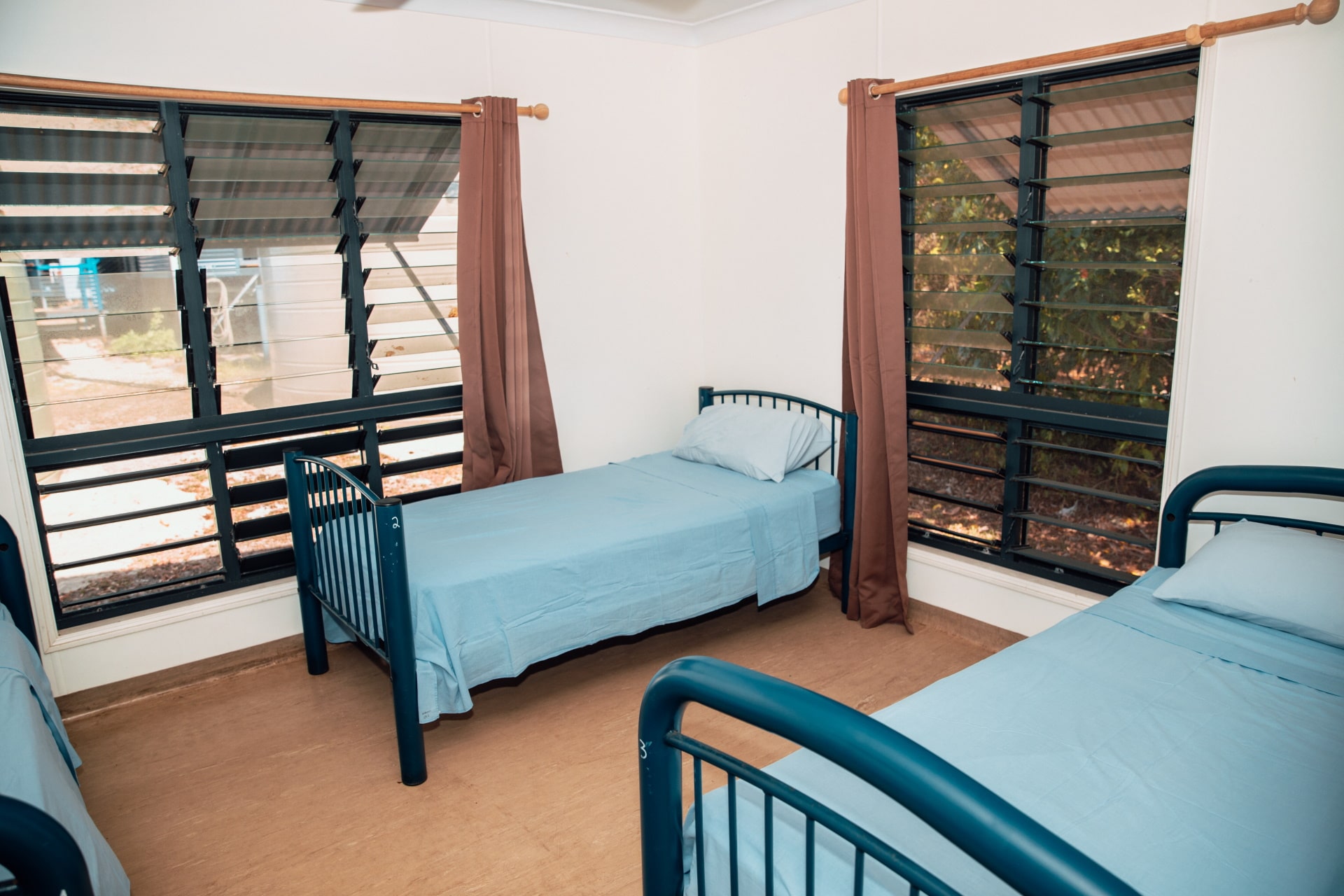
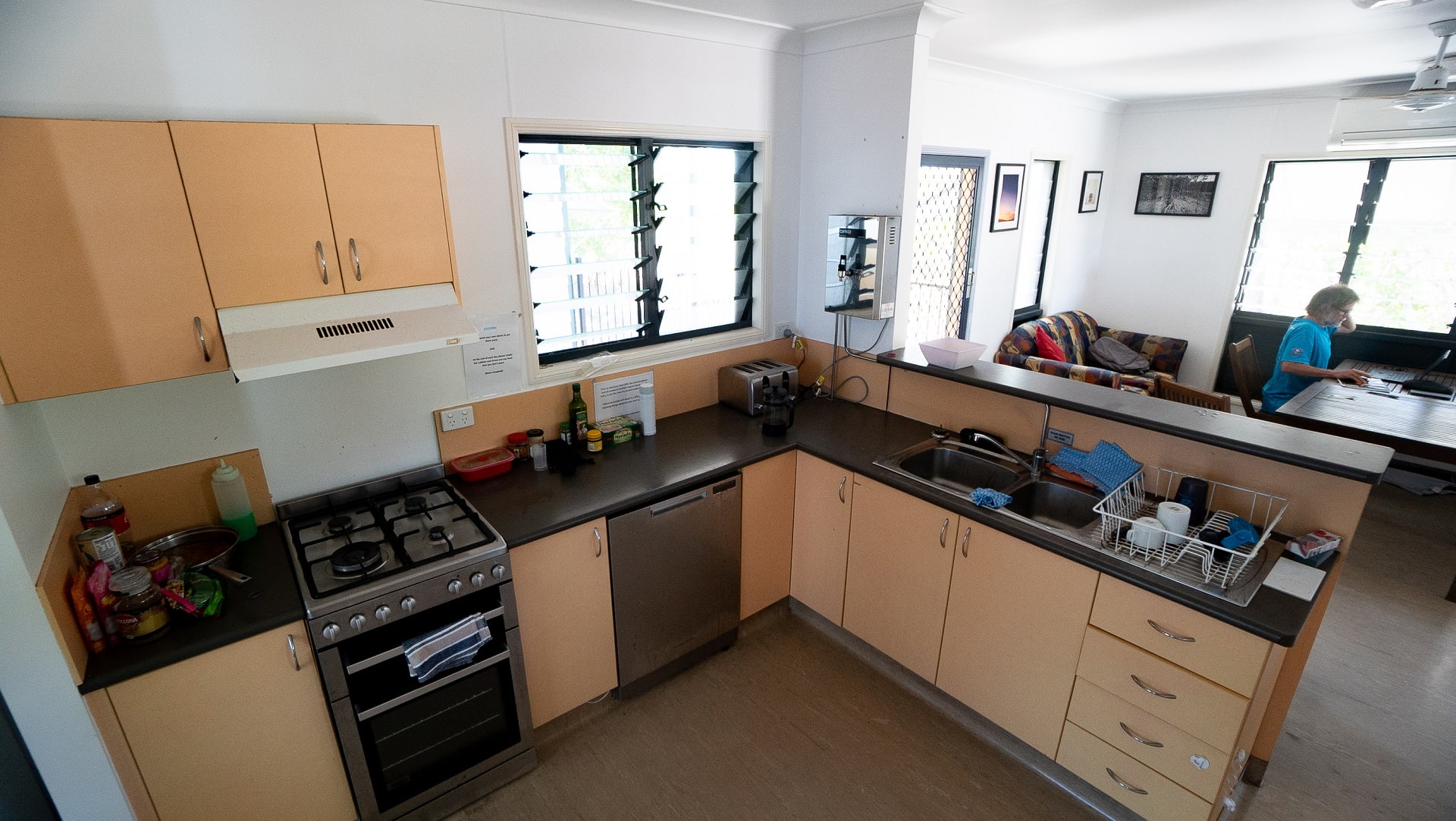
The communal building has two fully equipped kitchens stocked with all items necessary for catering for large groups and small. The deck area is sufficient in size to accommodate clients along with a series of 7-8 banquet tables which can be arranged to suit individual group requirements.
At the rear of the facility is the ablution block offering six shower and toilet stalls, hand basins, and mirrors, as well as three deep sinks for washing of clothes and several clotheslines.
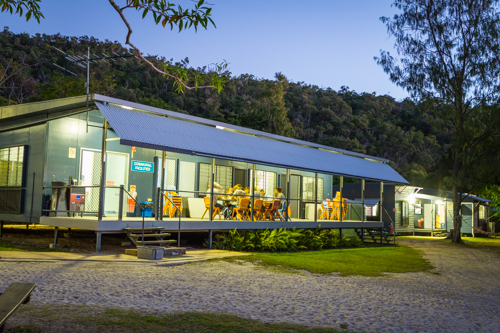
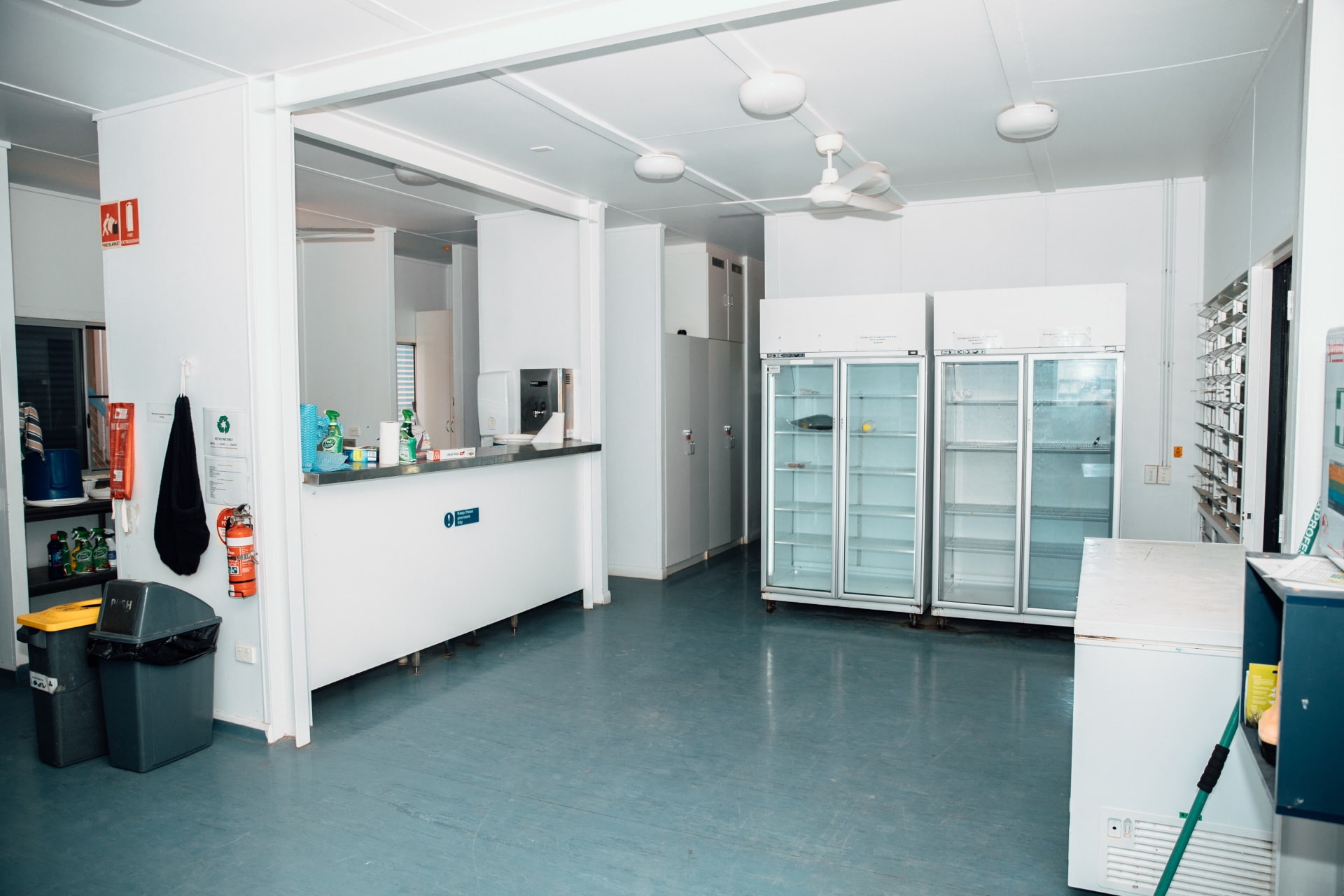
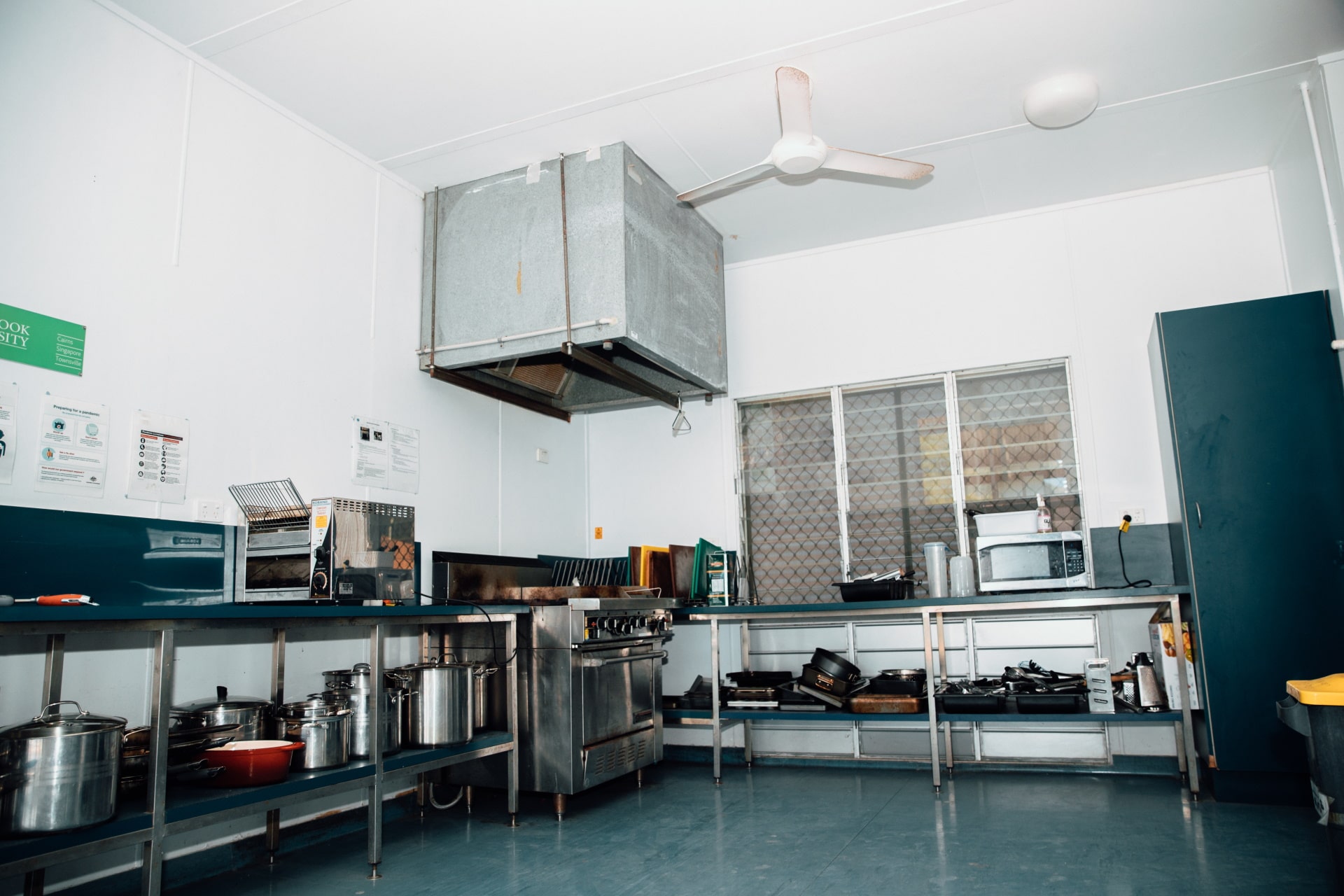
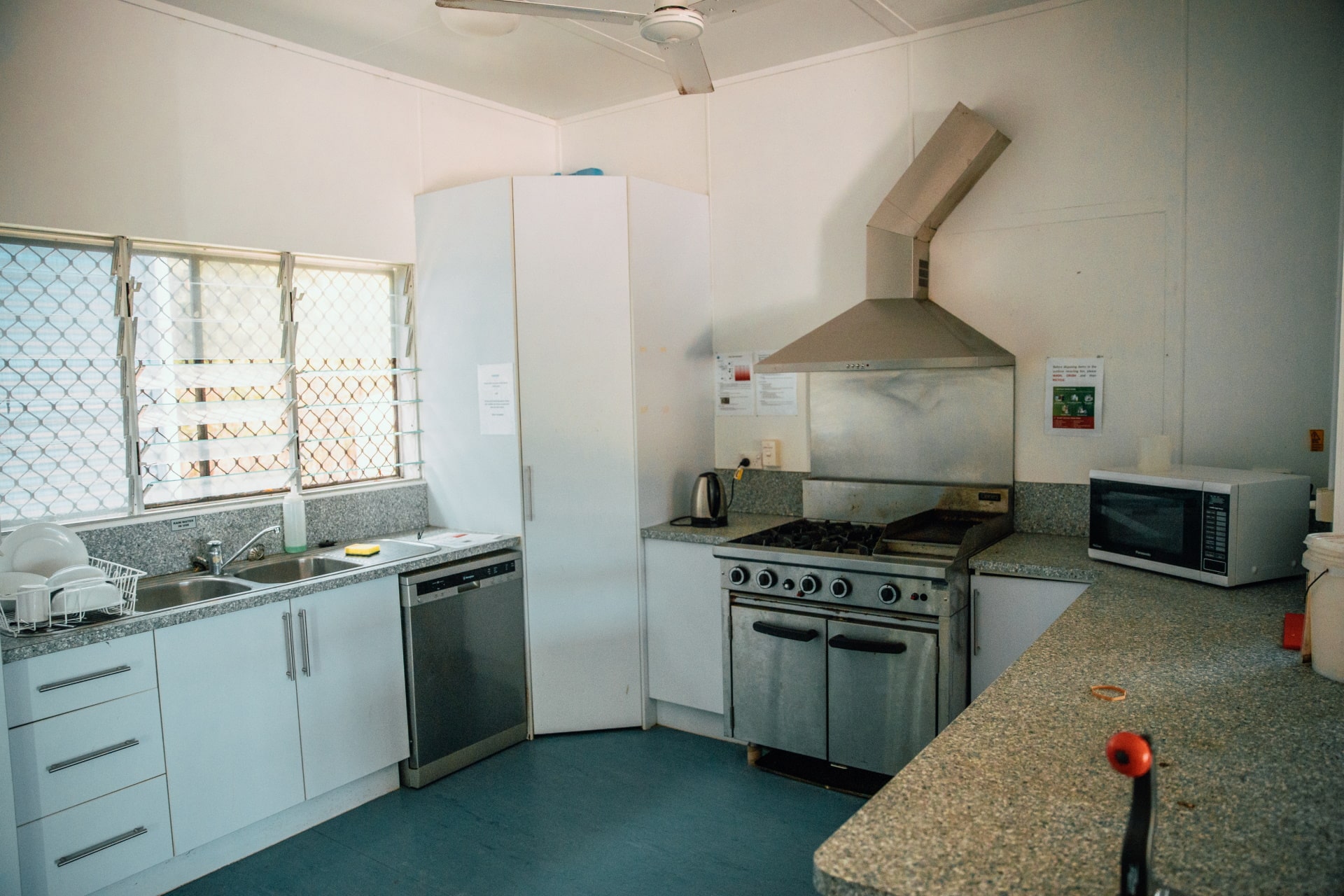
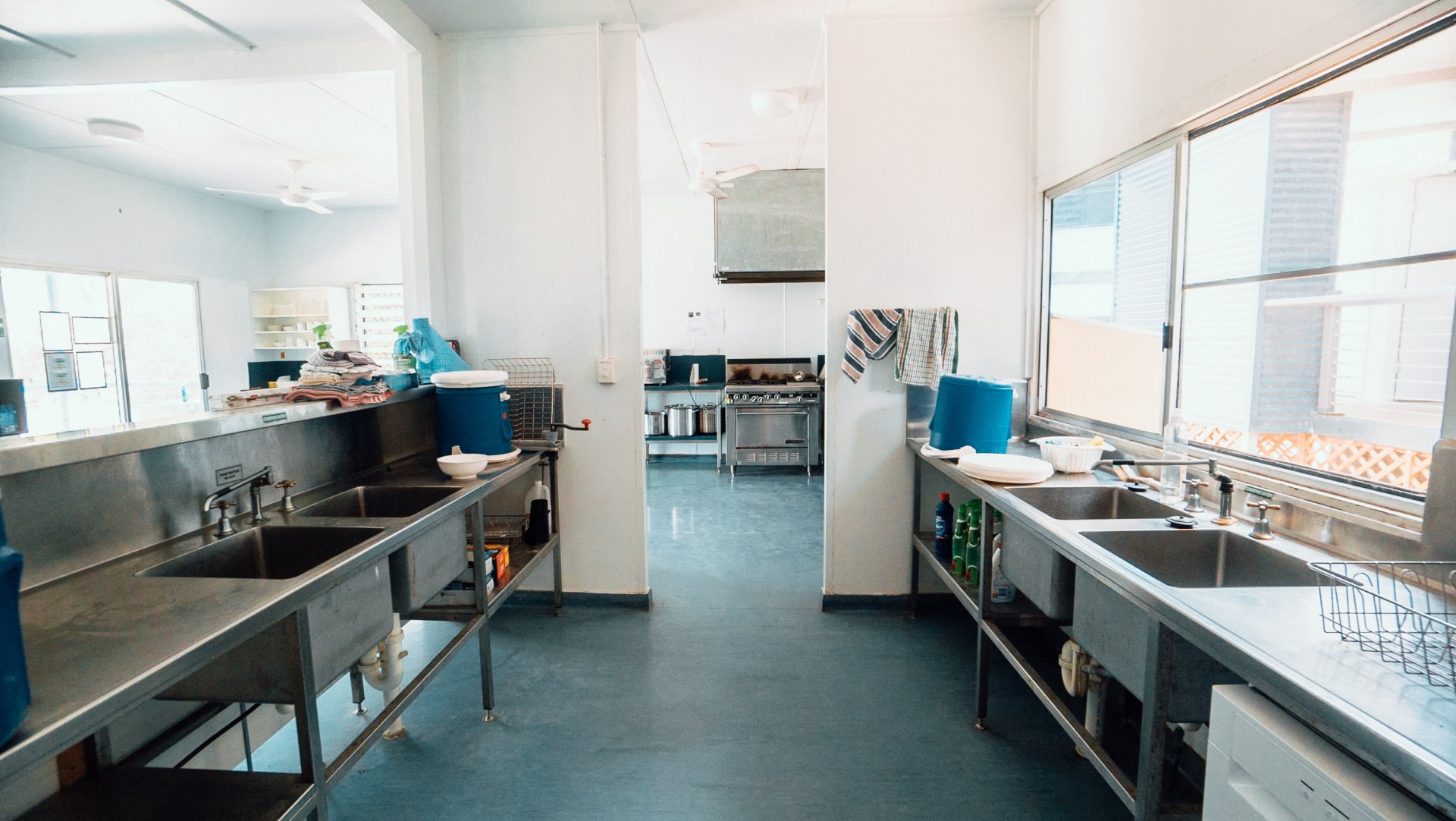
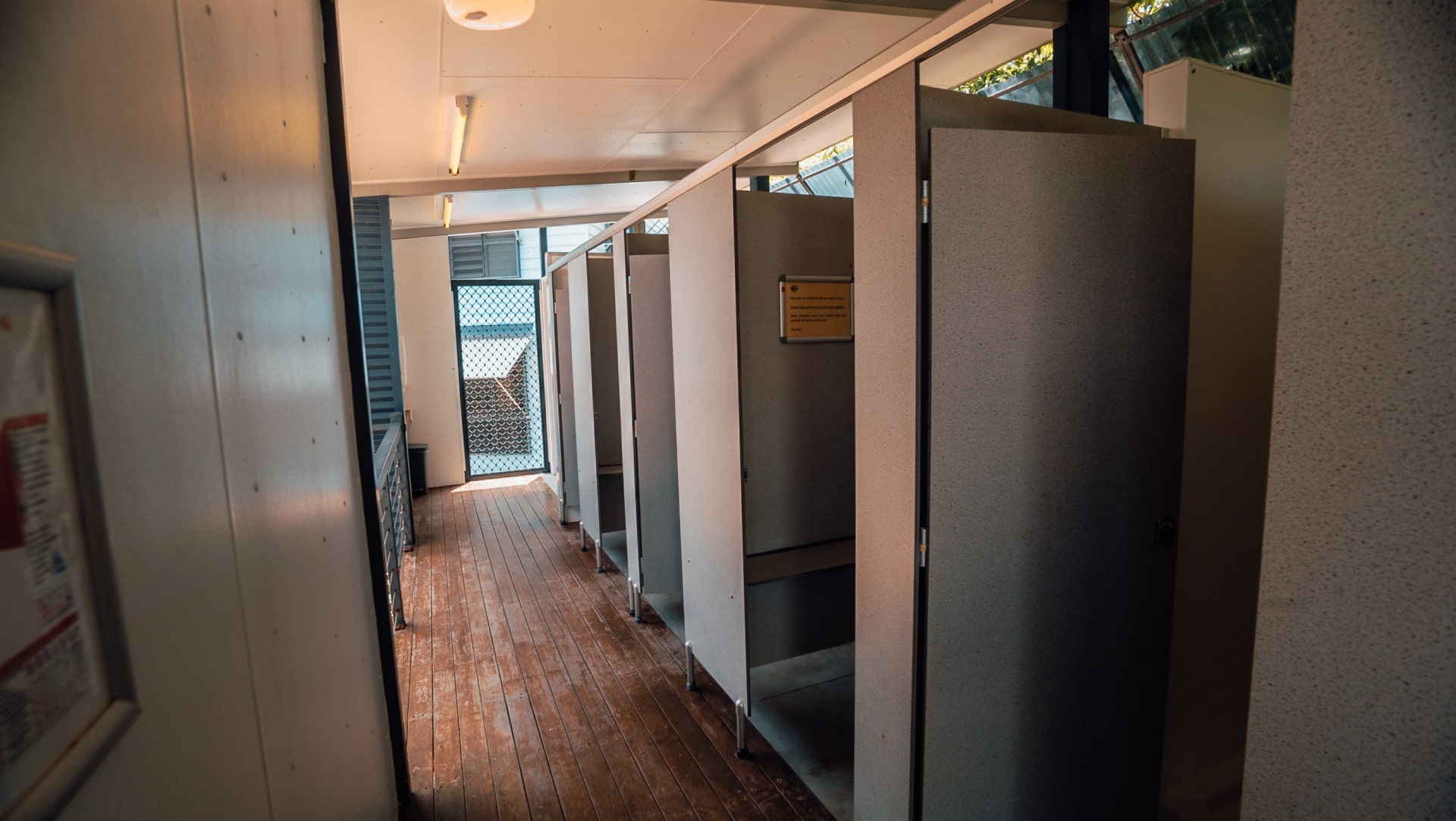
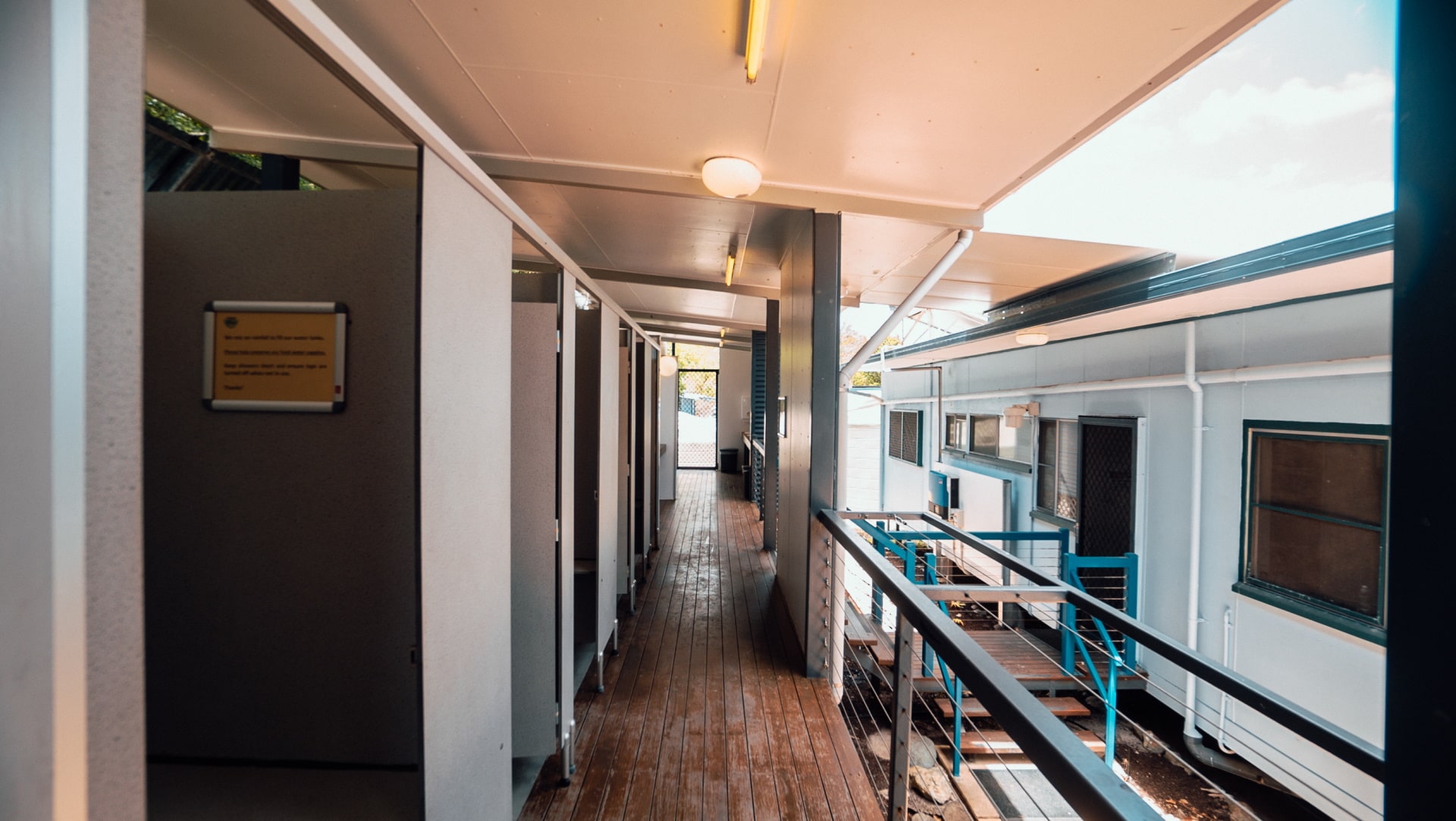
Laboratories and Equipment
Orpheus Island Research Station is well equipped to cater for your research group.
In addition to a fully air-conditioned 50-seat lecture hall and a Microscope Room, research facilities include:
Equipment available:
- Small benchtop centrifuge
- -80 freezer
- Microwave
- Specimen freezer
- Scales
- Furnace
- Autoclave
- 8 Dissecting Microscopes
- 4 High Powered Microscopes
- 3 Video Microscopes
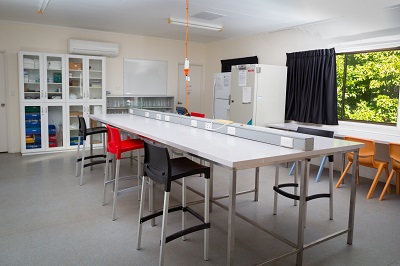
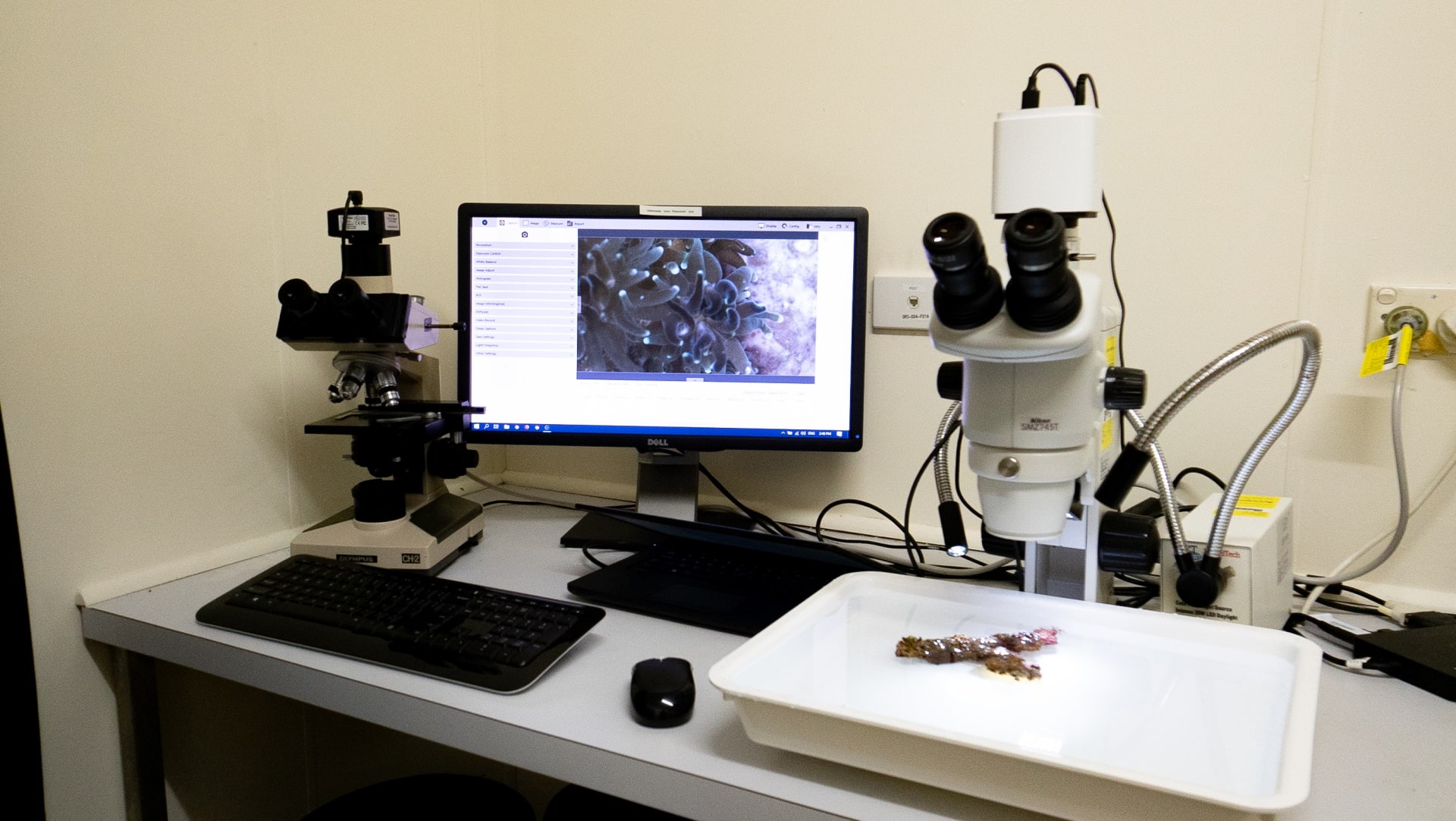
OIRS has five (5) Temperature Control Room (TCR) laboratories connected up to our flow-through saltwater system. The TCR Labs are capable of manipulating air and water temperature, allowing for temperature-controlled experiments.
The tables and benches located in the TCRs can be manipulated and moved to meet clients' research and experiment needs.
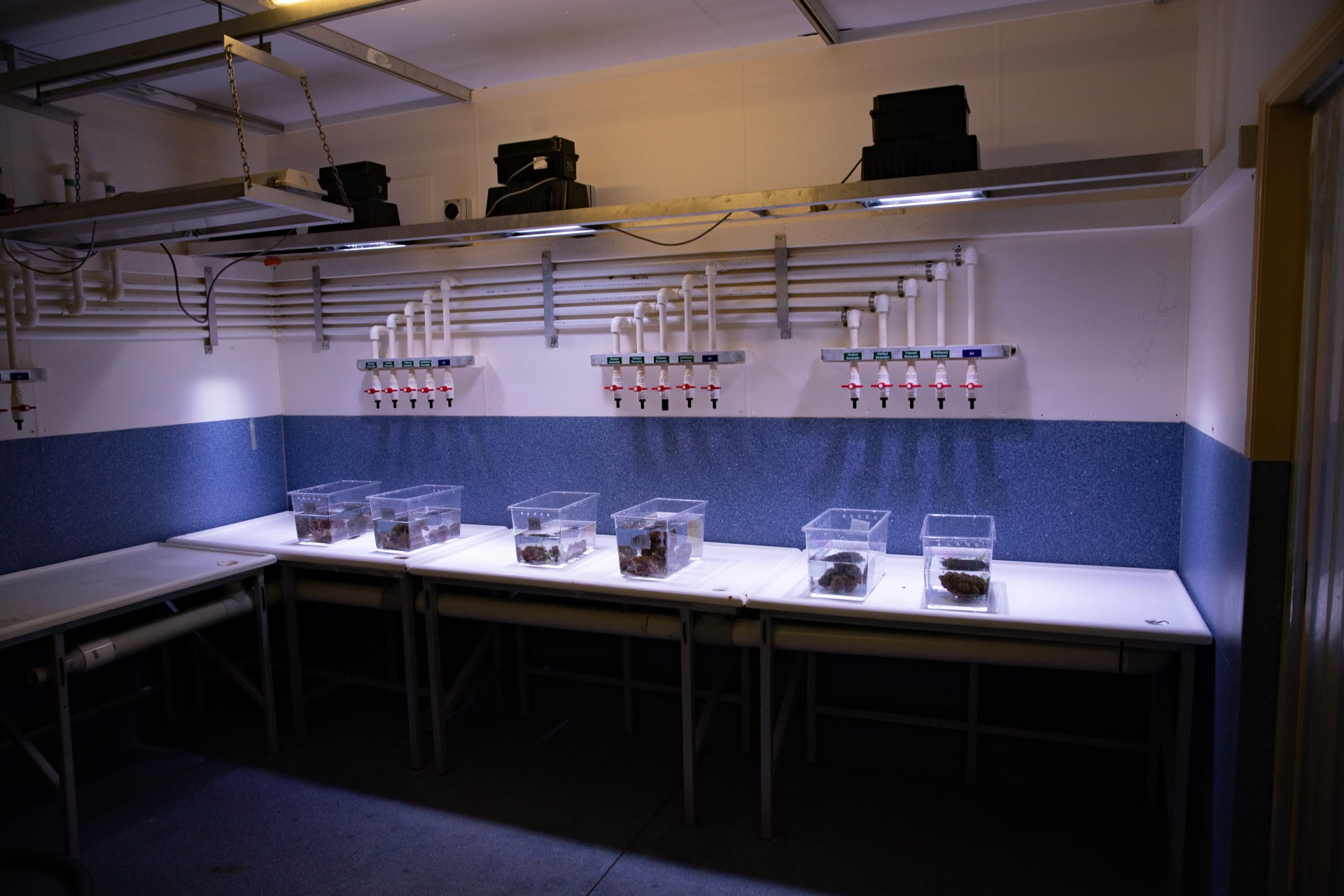
The Orpheus Island Research Station Aquaculture facility current pumped ~600,000L of seawater daily to provide unfiltered seawater to our labs and holding tanks. From our holding tanks we then provide filtered seawater to 5 micron through sand filters and then a series of bag filters. Our desalination plant also runs off our filtered seawater.
Our Wet Lab area provides a range of aquaria options for users depending on their needs.
- Two white round
- Six raceways
- 15 Wet Lab tables
- 6 raised oval tanks
- A variety of large to small aquaria have been purchased for the use of clients, we can assist clients in setting up experiments
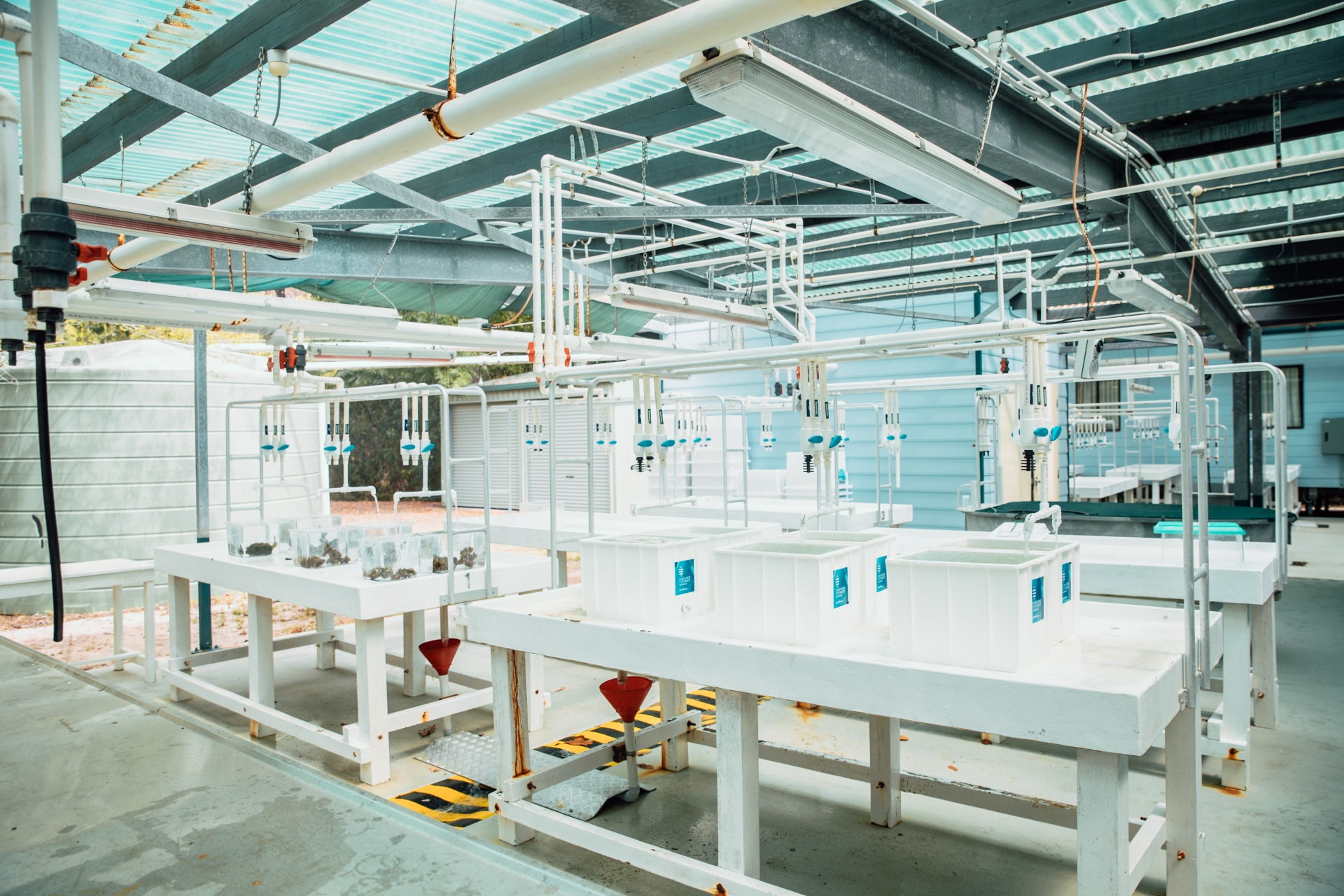
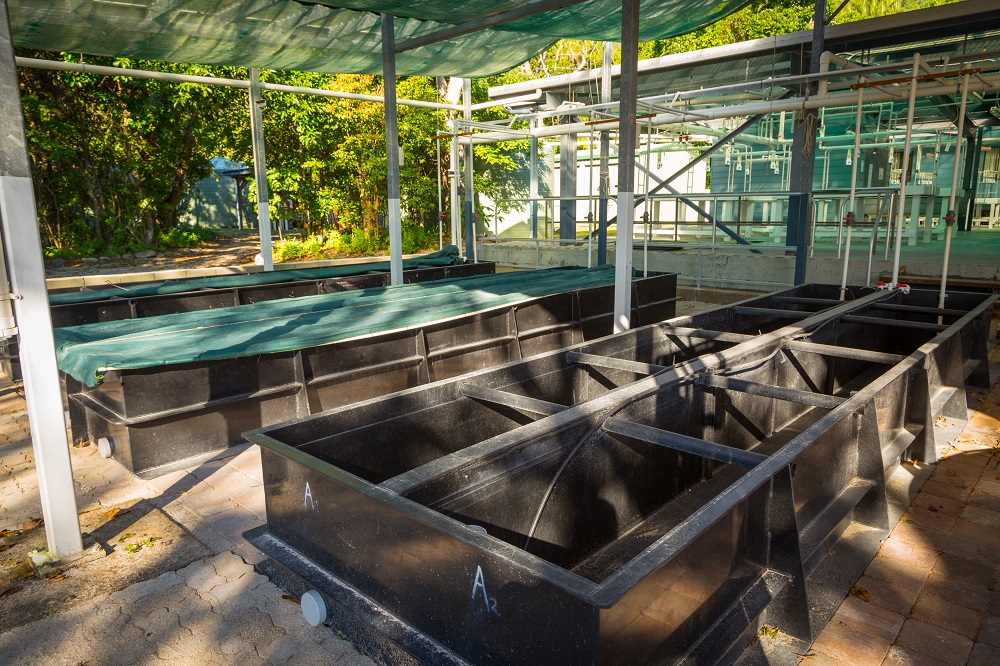
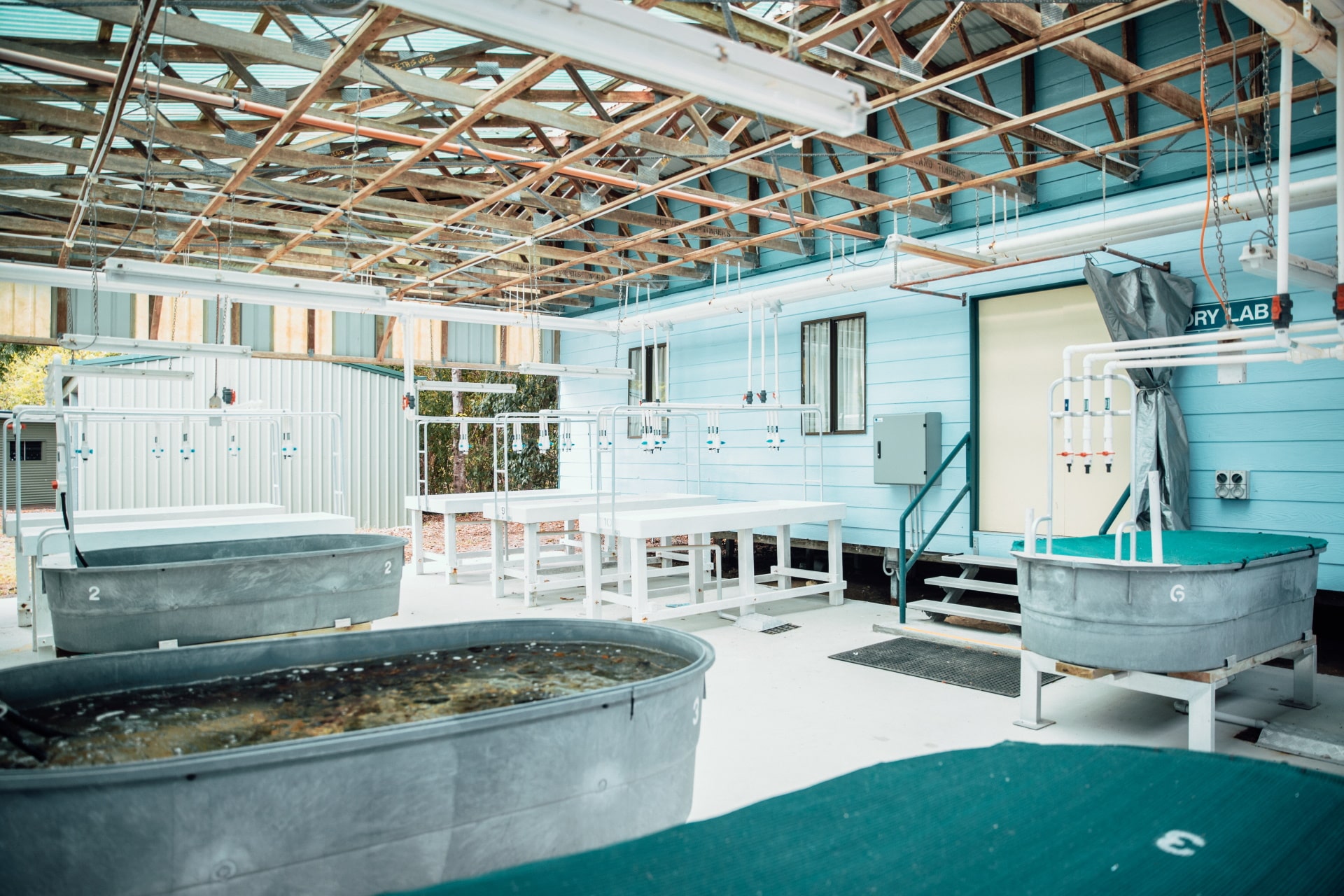
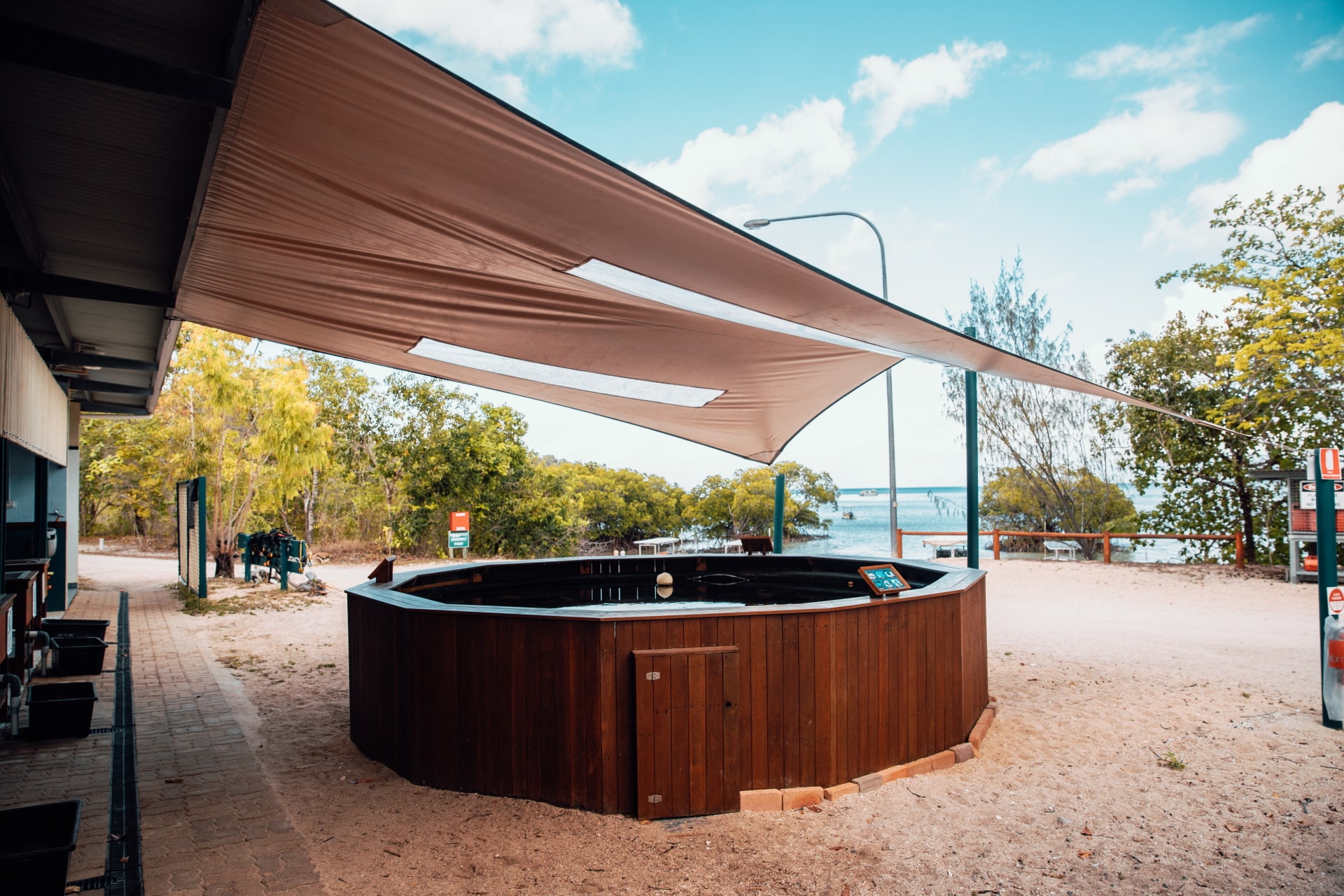
Diving and snorkeling
SCUBA diving and snorkeling activities must be conducted in accordance with the Work Health and Safety Act (QLD) 2011 part 4.8. Visitors to the station must follow the JCU Scientific Diving Operations Manual. Other visitors may need to discuss with staff if they are to follow their own institutions diving procedures where OIRS can confirm compliance with the WHS act, and provide a statutory declaration of experience. JCU staff and students will need to be registered and inducted by Boating and Diving prior to coming to OIRS, external staff and students may fill out the required declarations and be inducted on site.
Minimum Requirements:
- Hold an Australian recognized Occupational Diver qualification (AS2815) or internationally recognized dive qualification of Divemaster or higher, or a minimum of AQF certification relevant to the type of work to be undertaken with an accredited diver training organization
- Have been trained in workplace First Aid within the previous 3 years, and trained in CPR and the administration of oxygen within 12 months. Maintaining skills in CPR and oxygen provision shall be undertaken annually
- Hold an occupational diving medical certifying medical fitness to dive in accordance with the requirements of AS/NZS2299.1 by a medical practitioner appropriately trained in underwater medicine undertaken within 12 months prior to diving
Refer to the JCU Scientific Diving Operations Manual for further details.
Equipment Hire:
The Station has SCUBA and Snorkelling equipment for hire.
- Wetsuits
- Stinger Suits
- BCDs
- Regulators
- Fins
- Mask & snorkels
Please contact the station to access the fee schedule for boating and diving charges.


Available Vessels
OIRS maintains a fleet of 8 vessels available for dry hire (for those that meet the requirements) or charter hire. OIRS boating staff are available for assistance from 7 am to 5 pm. If you require their assistance outside those hours, advance arrangements are required and charges will apply.
Boat operators must have the minimum requirements of Recreational Boat and Marine Radio licenses, have completed the OIRS boating induction, and be familiar with the vessel safety management system. Operators should also have a working knowledge of the local conditions and have the appropriate plans and risk assessments in place. All forms (e.g. crew and vessel induction records, vessel log sheet, emergency procedures practice) relevant to the operation of the ship must be completed for each day of vessel use and submitted prior to departure.
Challenger IV - 11.7m vessel - Only to be operated by OIRS Station Staff. Challenger is a Class 2D vessel for 24 passengers + 2 crew and a Class 2C vessel for 10 passengers + 2 crew.
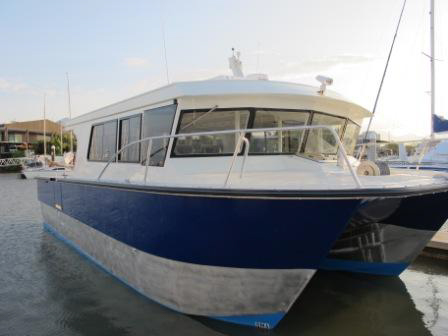
Pioneer II - 7.5m - Only to be operated by OIRS Station Staff. Pioneer is a Class 2D vessel for 9 passengers + 1 crew.
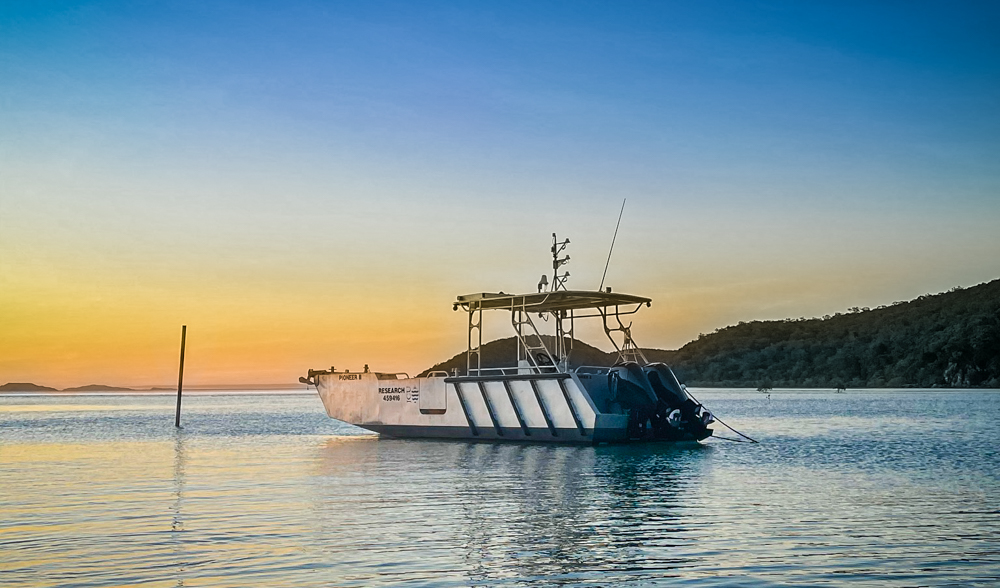
Auriga - 6.3m - Coxswains license required. Auriga is a Class 2c vessel for 7 passengers + 1 crew or a maximum of 6 personnel during diving activities.

Eurydice - 5.95m - Recreational Boat and Marine Radio license required. Eurydice is a Class 2C vessel to carry a maximum of 6 persons.
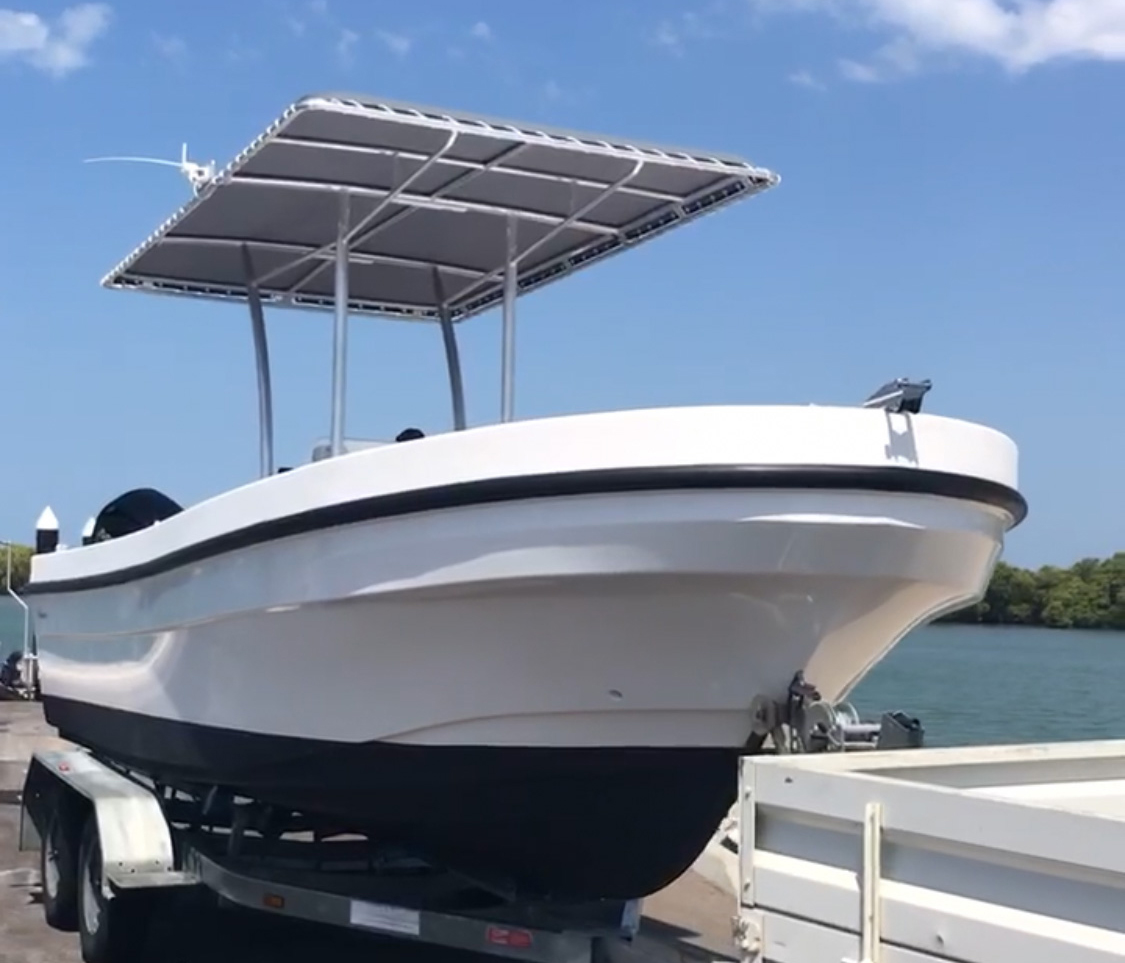
Research 1, 2, 3, 4 - 4.9m - Recreational Boat and Marine Radio licenses required. Research dinghies are a Class 2D vessel for 10 persons or 850kg and a Class 2C vessel for 6 persons or 500kg.

Fresh Water
OIRS relies on rainwater and water produced from the desalination plant on site. Please be water conscious while visiting OIRS.
Power
In February of 2019 OIRS installed a Solar PV array consisting of 263 panels on various buildings around the station. During the day we run almost exclusively on solar and then a battery system that takes over operations out of daylight hours. The original generator system is still operational as a supplement and a backup.
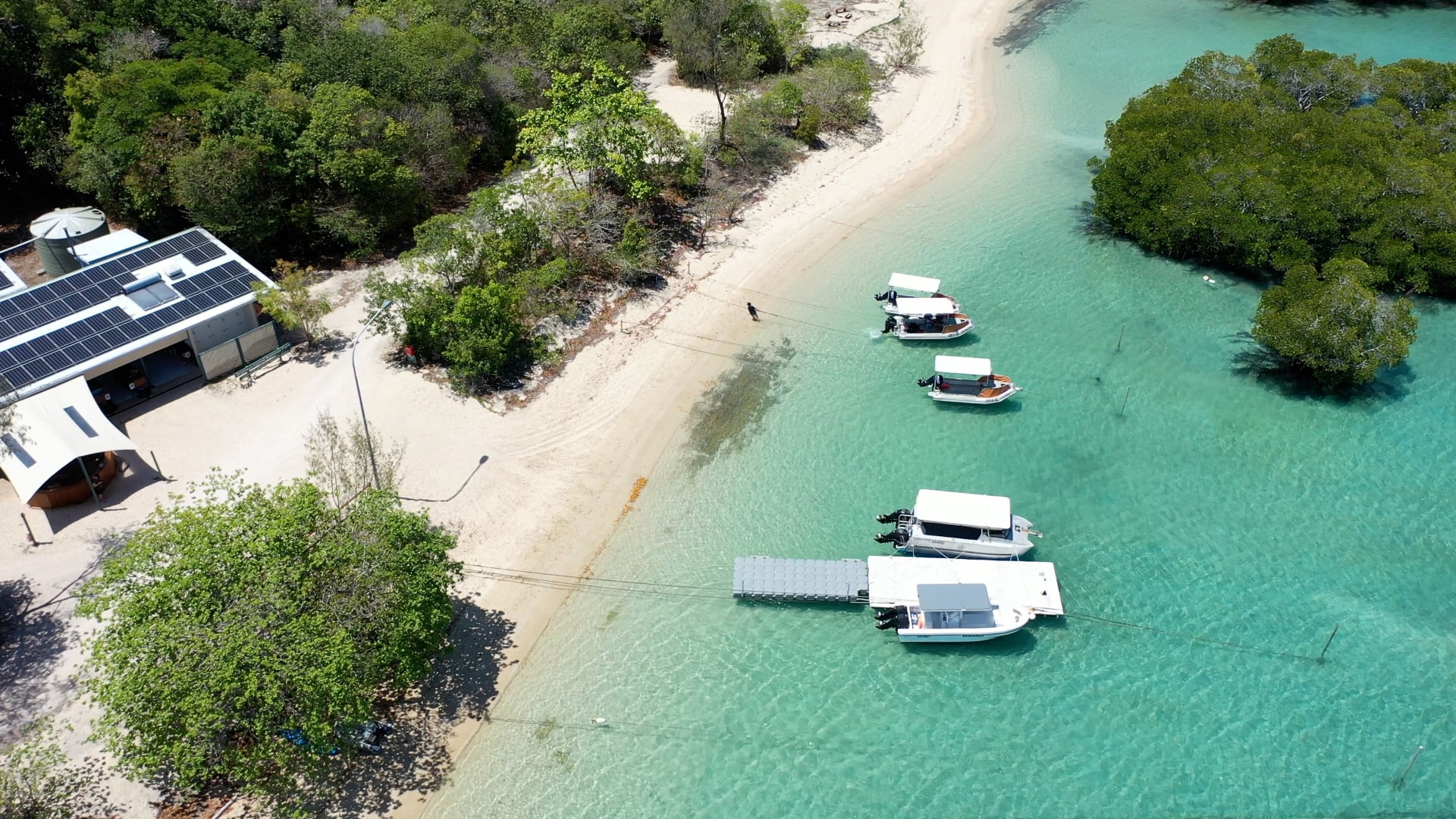
Phone and Internet Access
OIRS has WiFi that is free and accessible all around the station. Most services also receive mobile phone reception.